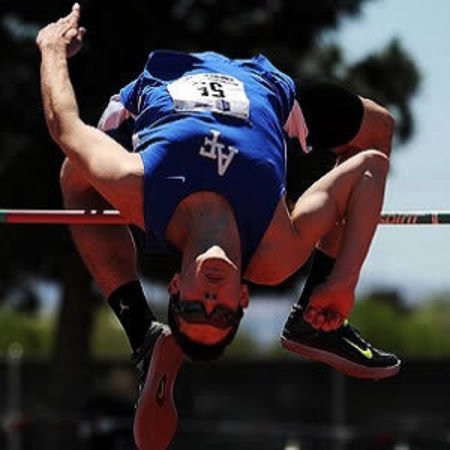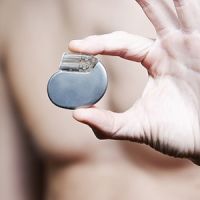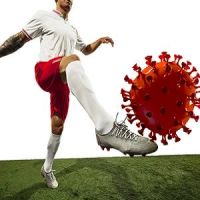Findings from a four-year study of athletes with implantable defibrillators (ICDs) confirms that competitive sports may be okay for many of these athletes. The findings are published in the journal Circulation.
ICDs are commonly used in patients with arrhythmia. The American Heart Association issued a scientific statement in 2015 advising that participating in competitive sports may be considered for athletes with ICDs. The advice was based on findings from a 2013 study from a multinational registry of ICD patients.
Study researchers followed the same registry and included 440 recipients ages 10-60 who were followed up for a four-year period. Participants included competitive athletes at both national and international levels, high school and college athletes and other athletes involved in running, basketball, soccer, tennis, volleyball, skiing and snowboarding.
While some people did receive shocks, no harm came to any of the patients. No failure of the ICD was seen after a four-year follow-up nor were there any injuries related to the arrhythmia or device in the study participants.
Specific findings include:
- 121 people received a total of 184 shocks during the study.
- 7% received appropriate shock while participating in competition or practice.
- 5% received shocks during other physical activities.
- 6% received shocks while resting.
Researchers do point out that there is one group of athletes for whom vigorous sports may be less safe. These include athletes who suffer from arrhythmogenic right ventricular cardiomyopathy (ARVC), a rare inherited condition where muscle tissue in the right ventricle dies and is replaced with scar tissue. This disrupts their heart's electrical signals and causes arrhythmias.
Rachel Lampert, MD, lead author of both studies and professor of internal medicine at Yale School of Medicine explains that patients with ARVC may be at a higher risk of experiencing life-threatening arrhythmias requiring shock and could require multiple shocks to terminate these arrhythmias during physical activity.
Overall, the researchers conclude that all shocks were ultimately successful in this study but there are still concerns regarding vigorous physical activity that could lead to arrhythmias that are not terminated by the device.
Source: American Heart Association
Image Credit: Pixabay
Latest Articles
implantable defibrillators, ICD, athletes, Competitive Sports
Findings from a four-year study of athletes with implantable defibrillators (ICDs) confirms that competitive sports may be okay for many of these athletes. The findings are published in the journal Circulation.



























